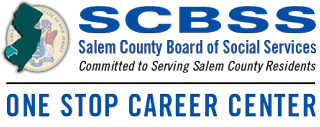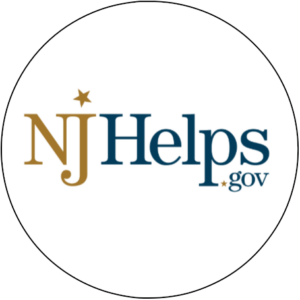NJ FamilyCare/Medicaid
NJ FamilyCare/Medicaid is New Jersey’s public health care coverage program. It covers just about every health care need. There are two main programs:
- NJ FamilyCare, which covers
- NJ FamilyCare Aged, Blind, Disabled (ABD) Programs, which cover
- People age 65 years or older
- People determined blind or disabled by the Social Security Administration or by the State of NJ.
Who qualifies for NJ FamilyCare?
To qualify for NJ FamilyCare, you must:
- Live in New Jersey
- Be a U.S. Citizen or meet certain immigration requirements
- Meet certain guidelines for income
- For ABD Programs, meet certain guidelines for resources (assets)
Who qualifies for Aged/Blind/Disabled Medicaid Programs?
Medicaid Only
The Medicaid Only Program is an Aged, Blind, Disabled Program for individuals who do not receive SSI but have income and resources under the SSI standards.
New Jersey Care/Special Medicaid Program
The New Jersey Care/Special Medicaid Programs are for individuals with gross monthly income that is equal to or less than 100% of the Federal Poverty Level which is $1,255 per month for a single person and a resource maximum of $4,000; $1,704 per month for a couple and a resource maximum of $6,000 in 2024.
NJ Workability
The NJ WorkAbility Program offers full Medicaid coverage to working disabled individuals whose income or assets would otherwise make them ineligible. NJ Workability has expanded to cover more individuals with disabilities! NJ Workability Expansion: Expands eligibility to those 65 and older, who have had a disability determination; No longer counts spouse’s income; No longer limits assets.
Long Term Services and Supports (LTSS) or Managed Long Term Services and Supports (MLTSS)
LTSS are additional services and supports for people who are determined clinically eligible. Clinical eligibility means that they require assistance with three or more activities of daily living, such as mobility assistance, dressing, bathing, eating and other self-care. These individuals may need nursing home placement or choose to live in their community, such as an assisted living type setting or in their home. LTSS can help people remain in their homes and communities by providing extra services such as, but not limited to, personal care, home-delivered meals, and care management. To qualify for LTSS, an applicant must be both clinically and financially eligible. The local CSSA will do the financial evaluation using information provided in the Aged, Blind, Disabled Application while the Division of Aging Services is responsible for the clinical eligibility determination for LTSS. The two evaluations are completed concurrently and are coordinated between both agencies. An individual determined clinically eligible by the Division of Aging Services qualifies at a higher income limit of $2,742 per month for a single person with a resource maximum of $2,000 in 2023. In determining financial eligibility, if the gross monthly income exceeds the income limit allowed, he or she can establish and fund a Qualified Income Trust (QIT) with the excess income that is above the limit. The financial eligibility process also includes a five year look[1]back of the applicant’s financial accounts and resources to determine if there have been any assets transferred for less than fair market value. To be eligible, a person applying for LTSS must disclose all income and all resources from the past 5 years.
Because of the varied and complicated nature of eligibility requirements in the Medicaid programs it is suggested that you do not hesitate to contact our office and discuss your specific situations. 856-299-7200 and select option 6, for Adult Medicaid.





